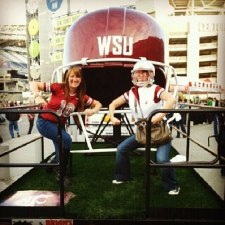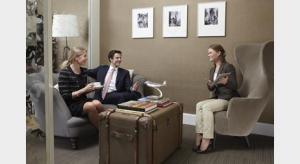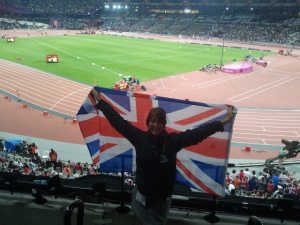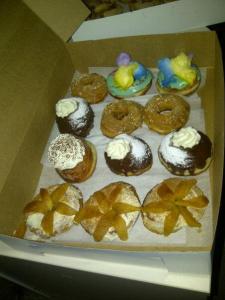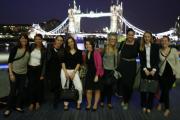
At the Shard opening in London
Laura talks about getting customers and keeping them…
Acquiring customers is completely different to retaining them. I saw this in action last week when me and some of the other grads (our scheme, Mainstream and International) gathered together for dinner following by the opening of London’s newest building “The Shard”.
The river bank was packed full of enthusiastic spectators, awaiting the spectacle of lights tipped by promoters as a ‘spectacle of lasar beams’.
Imagine our disappointment then when the ‘show’ started and turned out to be nothing more than a few green lasar beams and some slight changes in colour on the building. Think less ‘spectacle of lights’ and more ‘dodgy Blackpool nightclub’. Very disappointing.
Such is the story of acquisition and retention. During all of my placements, I’ve seen different ways of ‘promoting the light show’; we market our products using brochures, websites, social media, trade shows and more, describing them as exciting, life-changing, eye-opening. But it is only by delivering what we promise that we can stand any chance of retaining our customers and securing repeat business.
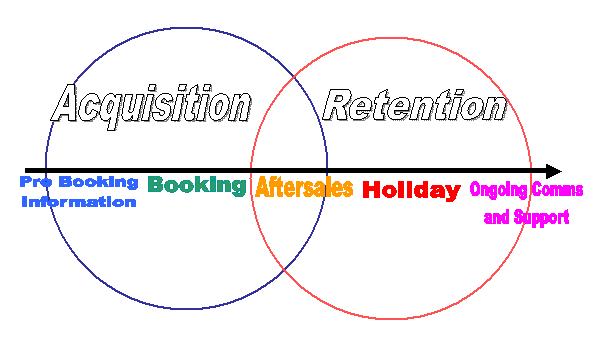
Acquisition and Retention Model
As per the image above, I believe there is a large proportion of the customer experience which is vital to retention, but perhaps not focused on by us quite as much as it could be.
Of course, the pre-booking information we give people and the ease with which they are able to book with us is incredibly important, but do we spend too long looking at which offers to put out to market, which destinations are selling and how we can increase volume year on year, and not enough considering how we can improve the holiday experience itself and how our aftersales and ongoing communications can aid our numbers in coming years?
It is my belief that we do, and that as a Division with such a wealth of product, we should be able to retain customers year after year, appealing to their changing wants and needs as we go. Reporting on that will be a key part of this.
For example, this week, one of the areas I am in charge of monitoring is down on volume. I’ve looked at why and it appears civil unrest in the country could be a contributing factor (something we cannot control). I report this back in my weekly update to the management, but what isn’t reported is whether the volume decline we see in this area is picked up by another. In other words, does out ‘pot’ of customers shrink or grow year on year?
By taking into account all destinations within our brand, we can report and measure the retention of custom to the brand. By taking into account all the brands in our Division, we can monitor retention of the custom to the Division. And by monitoring the ‘pot of customers’ within our Sector and our Group, we can monitor retention of the custom to Specialist & Activity and TUI overall.
For the past few years, technology, changing economy, changing needs have changed the way our customers behave and we’ve seen an emergence of customers who seek a more dynamic approach to their holiday. But my fear is that we’ve taken this to mean we can no longer expect brand loyalty – when the truth is, we can.
By reporting on year-on-year volume and margin changes, we can maintain ourselves this year. But by reporting on retained custom (has our ‘pot’ of customer shrunk or grown year on year), I believe we have far more potential for sustaining ourselves this year, next year and for many years to come.


